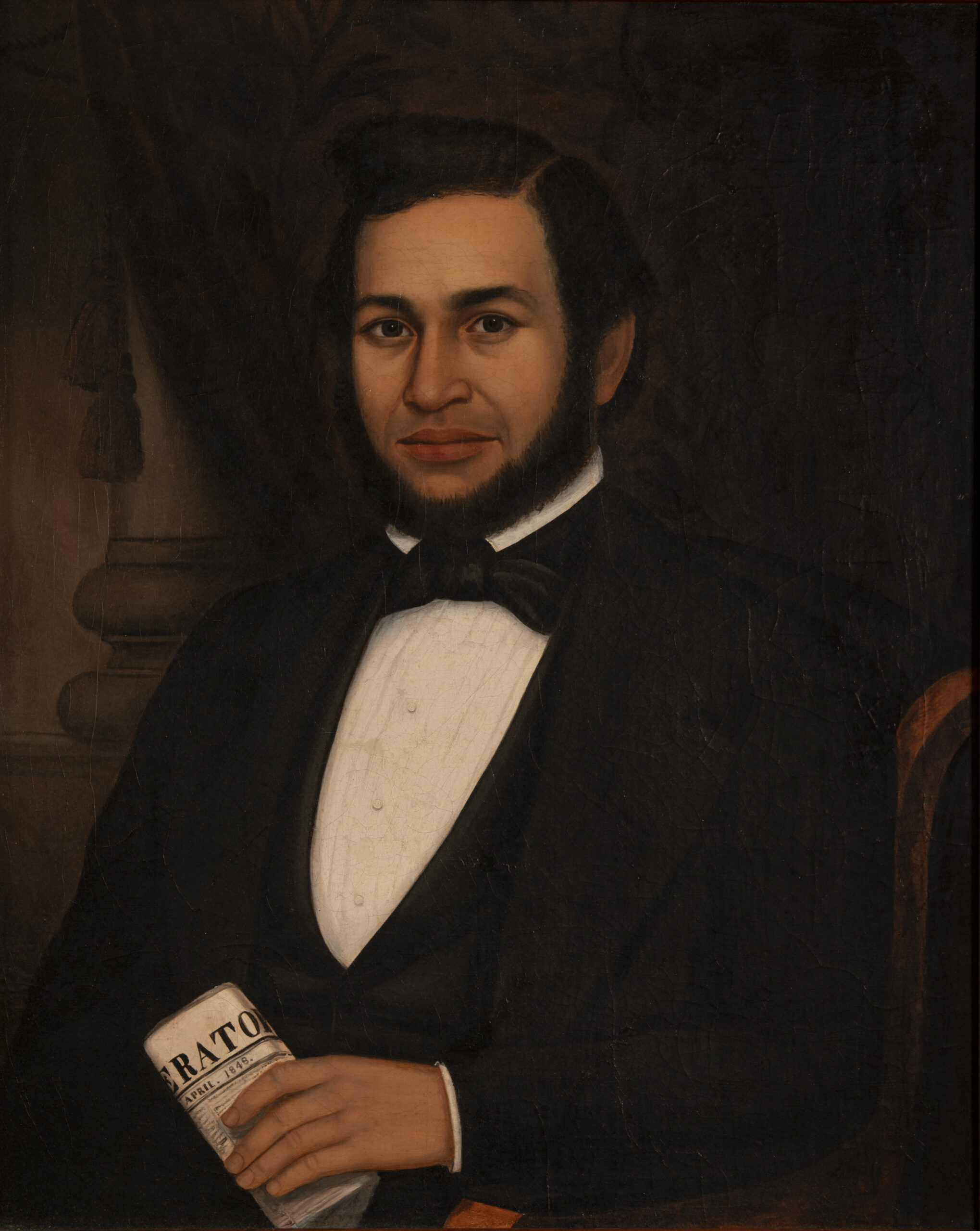
John Swanson Jacobs’s remarkable 1855 autobiographical slave narrative, The United States Governed by Six Hundred Thousand Despots, was lost until I uncovered it in an Australian archive on October 26, 2016. Writing from Sydney, beyond the reach of American law and humanitarian authority, Jacobs—brother of Harriet Jacobs and friend of Frederick Douglass—demonstrates the potential of unfiltered, unapologetic Black writing to speak truth to power. This is the first opportunity that American audiences have had to read John Jacobs’s unadulterated words and to understand how, when liberated from invisible constraints, African ex-Americans were able to reconfigure the relationship between liberty and truth to call for new, more just worlds. In reckoning with John Jacobs’s world-altering words for the first time, one must reckon with America as a nation that, in 1776, commenced two experiments at once: one in democracy, the other in tyranny.
Accompanying the autobiography is my biography, No Longer Yours: The Lives of John Swanson Jacobs. Drawing upon a line of Black feminist historicism running from Toni Morrison through Saidiya Hartman and based on archival research on three continents and four oceans, it reconstructs the parts of Jacobs’s life that were unavailable to him in 1855 as resources for life writing. These lives are extraordinary: born a sixth-generation slave, Jacobs emancipated and educated himself. As a free man, he worked as an American and British abolitionist, a Californian and Australian gold miner, and a Black citizen-sailor of the world. He published not one but two autobiographies. If these parts of his life were not written into his autobiographies, they nevertheless invisibly underwrite them. By foregrounding acts of Black world-building and repair and by supplementing rather than supervising John Jacobs’s own words, this volume aims to create a model for undoing the white envelope / Black message structure of the slave narrative. The lives that John Jacobs led cannot be erased if we read wisely and imagine expansively.
This work was supported by long-term fellowships from the National Endowment for the Humanities, American Antiquarian Society, and John Carter Brown Library, and short-term fellowships from Huntington Library, and the Library Company of Philadelphia.
Published in May 2024, the book has been profiled in, among other places: the Sunday New York Times, NPR’s All Things Considered, Boston Globe, The Public’s Radio, WNYC, ABC Radio National (Australia), KPFK’s Freedom Now with Gerald Horne, the Raleigh News & Observer, and selected as NPR’s Book of the Day.